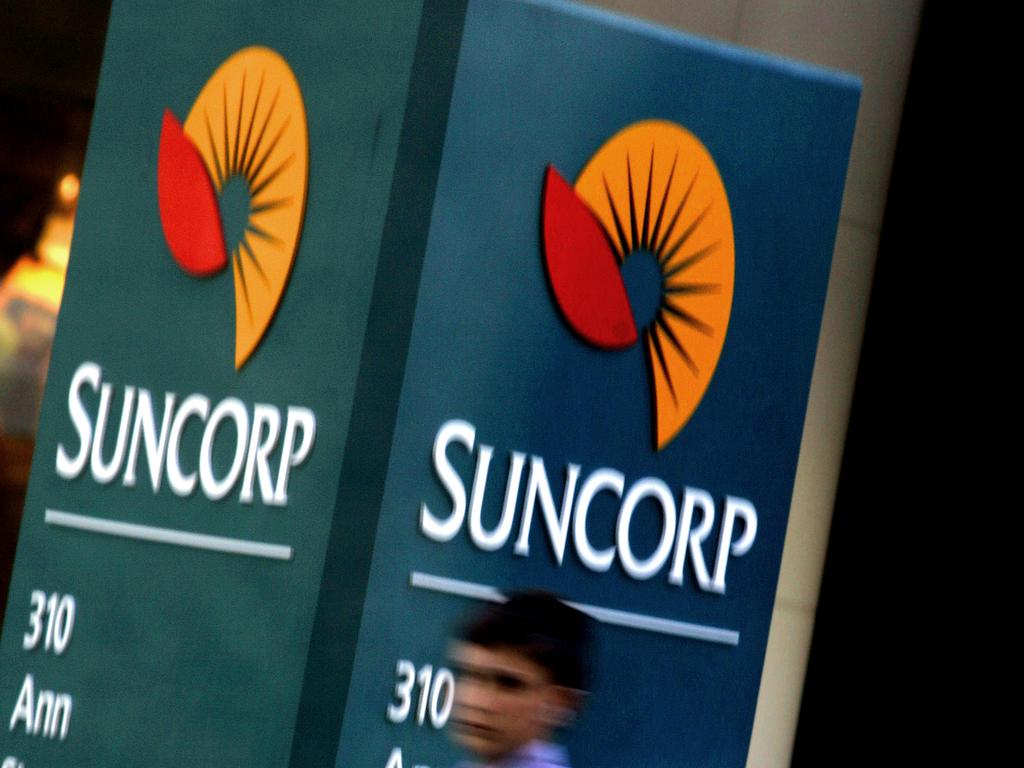Class action firms circle insurance companies after Covid test case loss
Class action law firms are circling Australia’s largest insurance companies after the stunning loss of an industry test case over liability for pandemic-related losses.

Class action law firms are circling Australia’s largest insurance companies after the stunning loss of an industry test case over liability for pandemic-related losses has left them open to costly claims from policy holders.
Law firms including Maurice Blackburn and Shine have revealed plans to launch potential class actions on behalf of insurance holders who suffered business interruption as a result of the pandemic.
However, the Insurance Council of Australia has flagged its intention to launch a new test case.
In a highly anticipated judgment, the NSW Court of Appeal in a 5-0 judgment last week found in favour of two insured businesses whose income had been crunched as a result of the lockdowns.
The ICA flagged it would urgently seek grounds to appeal to the High Court.
The judgment could open the door to thousands of claims. Many insurers, including Suncorp, QBE, Insurance Australia Group, HDI, Chubb and Lloyds, are exposed.
Maurice Blackburn insurance practice principal lawyer Josh Mennen told The Australian his firm was “very conscious of the serious issues involved in the findings of the business interruption test case and will have more to say about it shortly”.
“This is not a silver bullet. Every claim will turn on its own facts and policy wording,” Mr Mennen said.
“The most significant is the requirement for the outbreak to be within a particular radius and also that the closure or evacuation be by order of a public authority.”
Shine Lawyers is advertising its services for any business wishing to fight a case, but declined to confirm on Monday whether it would run a test case.
Gordon Legal is working with Berrill & Watson to gather claimants for a possible class action to clarify undecided questions arising from the test case. Given the limited scope of the first test case, further legal judgments will be required to resolve disputes with insurers over coverage.
Berrill & Watson director John Berrill said thousands of claimants were facing similar issues that needed clarification.
“One way they’re going to play out is there’s going to be another test case. It’s a test case by test case drip-feed. One way to bring this all together and deal with all these issues is to do a class action.”
Gordon Legal partner Andrew Grech said he hoped common sense would prevail and insurers would begin to assess claims “on their merits, now having had the benefit of the court’s decision”.
“But it does appear that they intend to take the view that they should instead engage in a very technical legal battle,” he said.
“That will be very troubling to many other insured customers who need the help now, not in 12 months or a few years’ time.”
Mr Grech said since the judgment almost 80 businesses had approached the firm seeking to sign on to any class action.
The firm had already been in discussions with several potential litigation funders that had “a wide interest in the ways they might help fund proceedings”.
“If insurers continue to play the game they’re wedded to, which is a war of attrition … a lot of people don’t have the resources to fund extensive legal proceedings,” he said.
“Litigation funding will not be a problem for business owners who are left with no other options but to bring proceedings.”
Meanwhile, shares in Insurance Australia Group fell 6 per cent to $5.13 on Monday as it resumed trade following a capital raising conducted in anticipation of a tsunami of claims following the court ruling.
IAG completed the $650m fully underwritten institutional placement at $5.05 per share. A shareholder purchase plan will follow, raising up to $100m.
Ord Minnett analysts said IAG’s provision of $1.24bn appeared conservative compared to rivals Suncorp and QBE.
“Although IAG indicated risk for new lockdowns until after June 2021, we think most unearned premium would expire well before then, and sub-limits may already be near exhaustion,” the analysts wrote in a note to clients.
“If IAG is successful in denying payment on business interruption claims, reserves would prove redundant and provide new management with substantial smoothing capacity.”
Analysts at UBS have retained a positive view of listed insurers despite the court loss.
UBS said that although subsequent test cases to determine prevention of access, proximity of outbreak and property damage triggers are likely to occur, provisions made by the insurers means they will be resilient.
Suncorp Group has covered about 90 per cent of expected liability arising from the test case decision, UBS said, with $195m in provisions, making it the best-placed in UBS’s view.
The impact on QBE is estimated to be minimal with the company indicating the average business interruption claim is worth about $5m.
“As such, net impacts appear manageable for now although depend on subsequent test-cases being favourable,” the analysts said.







To join the conversation, please log in. Don't have an account? Register
Join the conversation, you are commenting as Logout